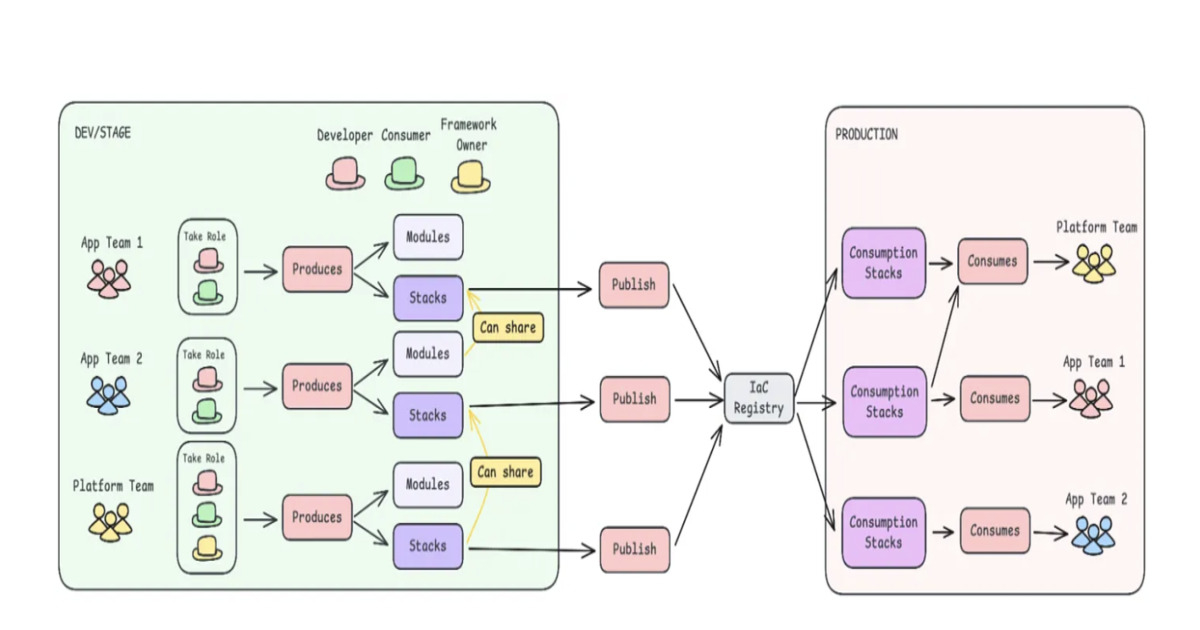Codetown
Codetown ::: a software developer's community
Computational Linguistics Village
Information
About Computational Linguistics Village
Discussion Forum
Omni Fluent
Here's an app you'll like - it's called …Continue
Tags: carey, codetown, computational, jim, translation
Started by Michael Levin Sep 25, 2012.
What is Computational Linguistics? 4 Replies
Jim, this is your cue! From what you've described, we're all more involved in Computational Linguistics than we think. When a call is "recorded for training purposes", when you use voice activation,…Continue
Tags: voice, activation, linguistics, white, Jim
Started by Michael Levin. Last reply by Michael Levin Nov 25, 2011.
Technologies that support Computational Linguistics
Jim, What are some technologies (for lack of a better word) that "support" compuational linguistics. These might include algorithms, recording techniques, data lookups. There's a whole body of…Continue
Tags: voice, linguistics, computational
Started by Michael Levin Oct 25, 2011.
Examples of Computational Linguistics
Jim, You described to me some shining examples of computational linguistics, such as Google Voice. What are the most active, popular examples?
Tags: voice, linguistics, computational
Started by Michael Levin Oct 25, 2011.
Comment Wall
Comment
Notes
Welcome to Codetown!
 Codetown is a social network. It's got blogs, forums, groups, personal pages and more! You might think of Codetown as a funky camper van with lots of compartments for your stuff and a great multimedia system, too! Best of all, Codetown has room for all of your friends.
Codetown is a social network. It's got blogs, forums, groups, personal pages and more! You might think of Codetown as a funky camper van with lots of compartments for your stuff and a great multimedia system, too! Best of all, Codetown has room for all of your friends.
Created by Michael Levin Dec 18, 2008 at 6:56pm. Last updated by Michael Levin May 4, 2018.
Looking for Jobs or Staff?
Check out the Codetown Jobs group.
InfoQ Reading List
Presentation: What I Wish I Knew When I Started with Green IT

Ludi Akue discusses how the tech sector’s rising emissions impact our global climate goals. Drawing from her experience as a CTO, she explains seven key lessons for implementing Green IT. She shares insights on LCA assessments, the paradox of microservices, and why FinOps doesn’t always equal green.
By Ludi AkueVue Router 5: File-Based Routing Into Core with No Breaking Changes

Vue Router 5.0 has integrated unplugin-vue-router into its core, enhancing file-based routing and TypeScript support. This transition release boasts no breaking changes, simplifies dependencies, and introduces experimental features like data loaders and improved editor tooling. Ideal for Vue.js developers, it positions itself as a bridge to the upcoming ESM-only version 6.
By Daniel CurtisPodcast: [Video Podcast] AI Autonomy Is Redefining Architecture: Boundaries Now Matter Most

This conversation explores why generative AI is not just another automation layer but a shift into autonomy. The key idea is that we cannot retrofit AI into old procedural workflows and expect it to behave. Once autonomy is introduced, systems will drift, show emergent behaviour, and act in ways we did not explicitly script.
By Jesper LowgrenGoogle Launches Automated Review Feature in Gemini CLI Conductor

Google has enhanced its Gemini CLI extension, Conductor, by adding support for automated reviews. The company says this update allows Conductor "to go beyond just planning and execution into validation", enabling it to check AI-generated code for quality and adherence to guidelines, strengthening confidence, safety, and control in AI-assisted development workflows.
By Sergio De SimoneFrom Central Control to Team Autonomy: Rethinking Infrastructure Delivery

Adidas engineers describe shifting from a centralized Infrastructure-as-Code model to a decentralized one. Five teams autonomously deployed over 81 new infrastructure stacks in two months, using layered IaC modules, automated pipelines, and shared frameworks. The redesign illustrates how to scale infrastructure delivery while maintaining governance at scale.
By Leela Kumili
© 2026 Created by Michael Levin.
Powered by
![]()
You need to be a member of Computational Linguistics Village to add comments!